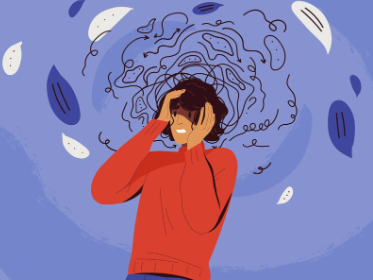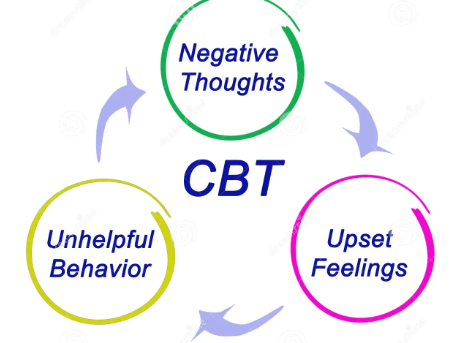
What Happens in the Body During Anxiety?
Anxiety is a natural response to perceived danger. It is part of the body’s “fight or flight” system – an ancient survival mechanism designed to keep us safe. While it can feel overwhelming, anxiety is your body trying to protect you.
In this post, we’ll explore what happens biologically when you feel anxious.
1. The Brain Sounds the Alarm
When you sense a threat – real or imagined – your amygdala (a small almond-shaped structure deep in the brain) acts like an alarm bell. It quickly assesses information coming from your senses and decides if something might be dangerous.
If the amygdala believes there’s a threat, it sends urgent signals to the hypothalamus, a command centre that links the brain to the rest of the body via the autonomic nervous system. The hypothalamus then activates the sympathetic nervous system, triggering the release of adrenaline and other stress hormones.
This fast, automatic process happens in a fraction of a second – often before your rational brain has even processed what’s going on. That’s why anxiety can feel sudden and overwhelming.
2. The Fight-or-Flight Response
Your hypothalamus’s signal triggers the release of adrenaline and noradrenaline, stress hormones that prepare your body to either face the threat (fight) or escape it (flight).
Image suggestion: A flowchart showing “Perceived threat → Brain → Adrenaline release → Fight or flight”.
3. Physical Changes You Notice
As these stress hormones flood your system, you might feel:
A racing heart – to pump more blood to your muscles.
Faster breathing – to supply your body with more oxygen.
Sweaty palms – to cool your body and improve grip.
Tense muscles – readying you to move quickly.
Butterflies in your stomach – as digestion slows down (the body prioritises survival over eating).
Image suggestion: An infographic of the body highlighting these physical changes (heart, lungs, stomach, muscles).
4. Cortisol: The Longer-Lasting Stress Hormone
If the brain continues to sense danger, your adrenal glands release cortisol. This keeps you on high alert for longer. While helpful in short bursts, long-term high cortisol levels can leave you feeling exhausted, tense, and unwell.
Image suggestion: A visual showing a “stress curve” – short-term helpful vs. long-term harmful effects.
5. Why Anxiety Feels So Intense
Anxiety can feel overwhelming because your body is acting as though you are in real danger – even if the threat is only a thought, memory, or worry. Your brain doesn’t always distinguish between actual and perceived danger.
6. The Good News
Anxiety is not a sign of weakness. It is a sign that your body’s survival system is working – just sometimes too strongly or at the wrong time. Through therapy, you can learn to regulate this system, calming the alarm and teaching your body to feel safe again.
Image suggestion: A soothing image of a person practising deep breathing or mindfulness.
Would you like help calming your body’s alarm system?
Working with a therapist can help you understand your anxiety, develop coping strategies, and retrain your mind and body’s response to stress.



- 1
- 2
© Dawn McGuire Counselling
powered by WebHealer